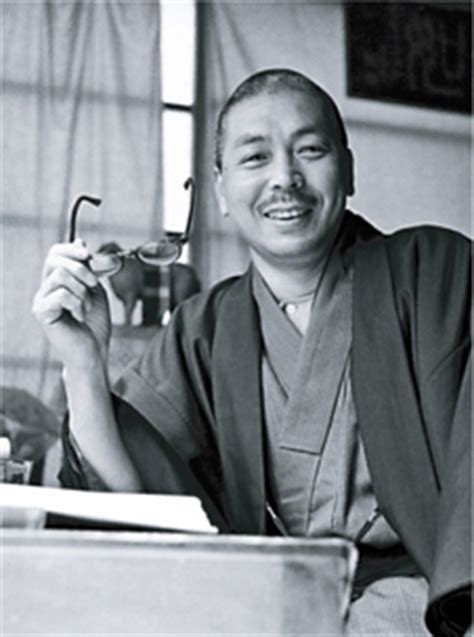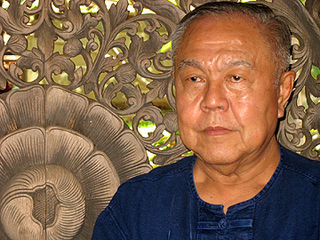A Quote by Shinjo Ito
The spirit of Buddhism is, more than anything, about valuing harmony and unity, in which others are respected and embraced rather than denounced. This has been the way of Buddhism since the beginning, and this is true Buddhism.
Related Quotes
If science proves some belief of Buddhism wrong, then Buddhism will have to change. In my view, science and Buddhism share a search for the truth and for understanding reality. By learning from science about aspects of reality where its understanding may be more advanced, I believe that Buddhism enriches its own worldview.
I make a distinction between Buddhism with a Capital 'B' and buddhism with a small 'b'. Sri Lanka has the former, in which the state uses Buddhism as an instrument of power, so there are even Buddhists monks who say the Tamils should be eliminated. Thai Buddhists are not perfect either. Some Thai Buddhist monks have compromised with the kind and possess cars and other luxuries. In many Buddhist countries, the emphasis is on being goody-goody, which is not good enough. I am for buddhism with a small 'b' which is non-violent, practical and aims to eliminate the cause of suffering.
Bolshevism is to be reckoned with Mohammedanism rather than with Christianity and Buddhism. Christianity and Buddhism are primarily personal religions, with mystical doctrines and a love of contemplation. Mohammedanism and Bolshevism are practical, social, unspiritual, concerned to win the empire of the world.
The question has often been asked; Is Buddhism a religion or a philosophy? It does not matter what you call it. Buddhism remains what it is whatever label you may put on it. The label is immaterial. Even the label 'Buddhism' which we give to the teachings of the Buddha is of little importance. The name one gives is inessential.... In the same way Truth needs no label: it is neither Buddhist, Christian, Hindu nor Moslem. It is not the monopoly of anybody. Sectarian labels are a hindrance to the independent understanding of Truth, and they produce harmful prejudices in men's minds.
Buddhism is not concerned just with private destiny, but with the lives and consciousness of all beingsAny attempt to understand Buddhism apart from its social dimension is fundamentally a mistake. Until Western Buddhists understand this, their embrace of Buddhism will not help very much in the efforts to bring about meaningful and positive social change, or even in their struggle to transform their ego.





























